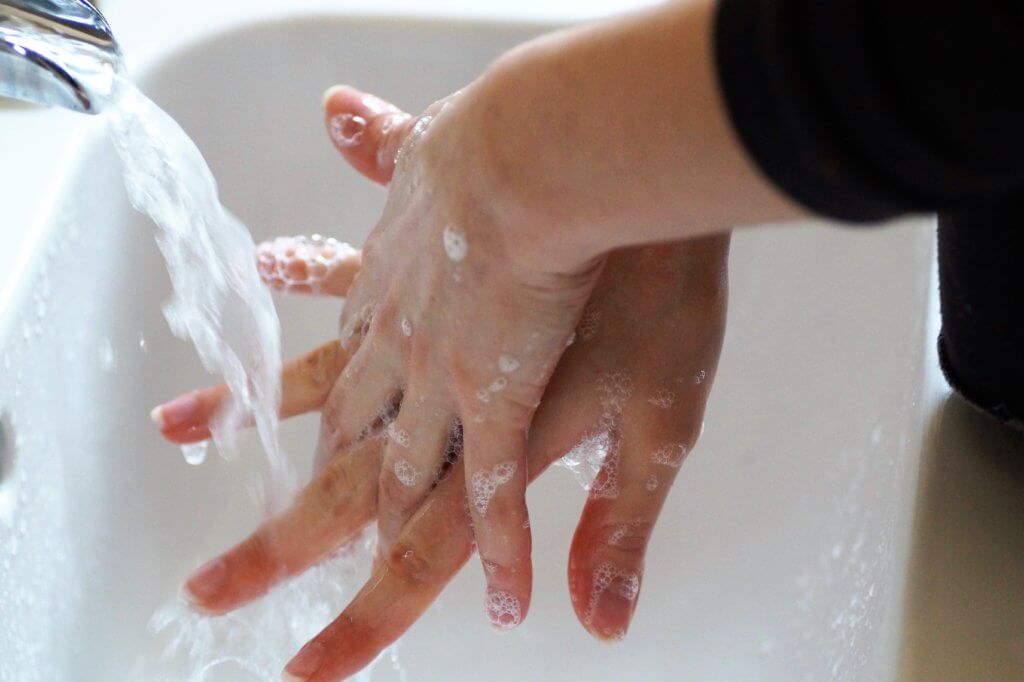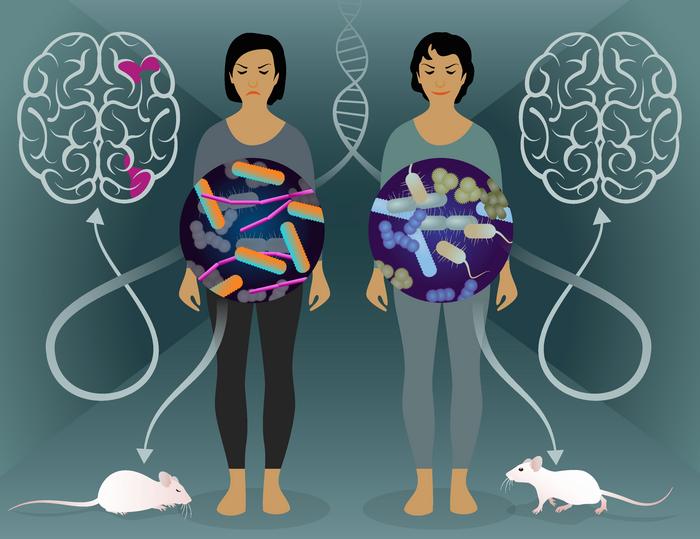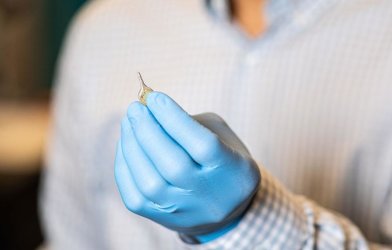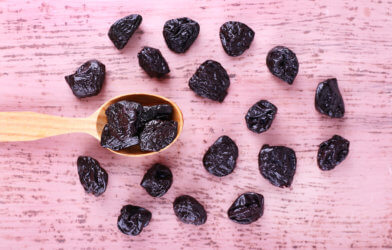Hand-washing is clogging up sinks with nasty disease-causing bacteria, warns a new study. Bacteria from peoples hands can stay alive and grow in the pipes beneath sinks after being washed off, say scientists from the University of Reading in England.
People have been cleaning their hands more than ever to help stop the spread of COVID-19. But instead of washing them away, pipes provide an ideal environment for bacteria to grow. Depending on what type of plumbing is in place, different types of bacteria take hold, researchers say.
Coming up with new designs to prevent this from happening is all the more important now that people are washing their hands so often.
“The mantra to ‘wash your hands’ to fight coronavirus transmission has highlighted the importance of not only good hand hygiene, but also the need for well-designed and regularly cleaned sinks,” says sudy author Dr. Hyun Soon Gweon, of the University of Reading in a statement. “Our study reveals that the significant difference in bacterial families between different buildings shows that a number of factors including occupancy and building design may have a big influence on the types of bacteria we come into contact with.”
The researchers took samples from 123 sinks in “non-clinical” settings, such as toilets and bathrooms in social and teaching areas. Looking at the plumbing beneath the sinks, they found microbe communities were dominated by a group of bacteria called Proteobacteria. They contained pathogens, such as Salmonella and E. coli which can cause serious disease, although their numbers were comparatively low.
“The bacteria that live in our sink drains are shaped by what we are directly putting down them,” says lead author Zoe Withey, a doctoral student at the university. “While we expected that bacteria from the gut would have a greater impact, caused by the wider environment of a bathroom, it seems that by and large the bacteria living on the skin of our hands are feeding the community in the drains beneath sinks.”
They also found higher concentrations of the common Moraxellaceae and Burkholderiaceae bacteria, which can cause infections but are mostly harmless to humans. The type of plumbing system had a “significant effect” on which family of bacteria was more abundant, the researchers also report.
Sinks equipped with strainers tended to have more Moraxellaceae bacteria, while those with P-trap style of drainage, had higher amounts of Burkholderiaceae.
“It is possible to spread bacteria to the surrounding areas of your sink, where they can grow and persist,” says Dr. Gweon. “Reducing transmission of bacteria requires thorough disinfection of the sinks and surrounding areas and not just getting your hands wet.”
While all of the sink samples were taken from places which are regularly cleaned, they grow in places which are often missed.
“This means that we need to be very aware that what we are putting down our sinks is affecting the bacterial community underneath,” adds Dr. Gweon. “These areas may not be reached during routine cleaning, and this could lead to communities containing hardier, resistant microbes.“
The study was conducted before the global pandemic struck and so more research is needed to understand its impact on sink bacteria. Nevertheless, the increase in hand washing will definitely be having an effect, the researchers say.
“We hope our findings will remind people that the bacteria on your hands often stay alive and capable of growing even after they have been washed off, even in the presence of soap and warm water,” says Dr. Gweon.
The findings are published in the journal Environmental DNA.
Report by South West News Service writer Tom Campbell












